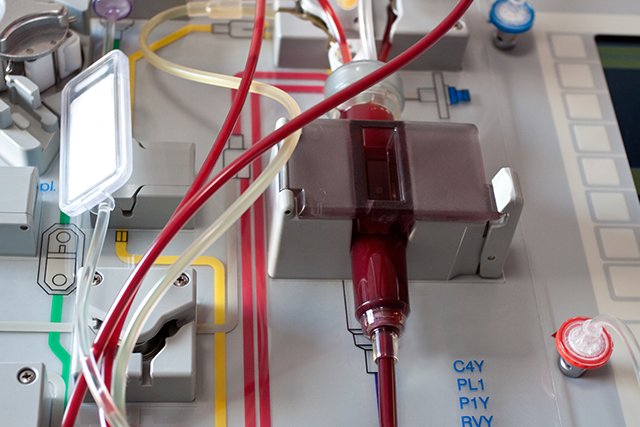Gustatory perception alterations, albeit reversible, negatively affect the quality of life (QOL) of patients with hematologic cancers who undergo hematopoietic stem cell transplantation (HSCT), according to a study published in Supportive Care in Cancer.
Chemosensory changes, as well as gastrointestinal adverse events such as nausea, vomiting, diarrhea, and mucositis, are commonly observed among patients undergoing HSCT. While the incidence of taste dysfunction — which decreases patient QOL as well as nutritional intake — is cause for little debate, the time it takes for patients to recover from taste changes requires further study.
For this prospective study, researchers assessed the outcomes of 23 patients who underwent HSCT. Gustatory and olfactory testing was conducted at baseline, 30 days posttransplant, and 80 days posttransplant, and the impact of chemosensory changes on QOL was evaluated.
Results showed that compared with baseline, patients undergoing HSCT had increased difficulty tasting salty (NaCl) and highly or moderately sour flavors (citric acid), but had an increased sensitivity to sweetness (sucrose) on day 30. No changes in olfactory sensitivity were observed.
Patients reported experiencing decreased QOL at day 30, but gustatory sensitivity and QOL were largely recovered by day 80; investigators noted however, that some taste impairments persisted.
The authors concluded that “further work is needed to understand the degree to which the relatively small and specific changes in taste perception observed with HSCT treatment in this study impact nutritional intake.”
Reference
Abasaeed R, Coldwell SE, Lloid ME, Soliman SH, Macris PC, Schubert MM. Chemosensory changes and quality of life in patients undergoing hematopoietic stem cell transplantation[published online April 27, 2018]. Support Care Cancer. doi: 10.1007/s00520-018-4200-7
